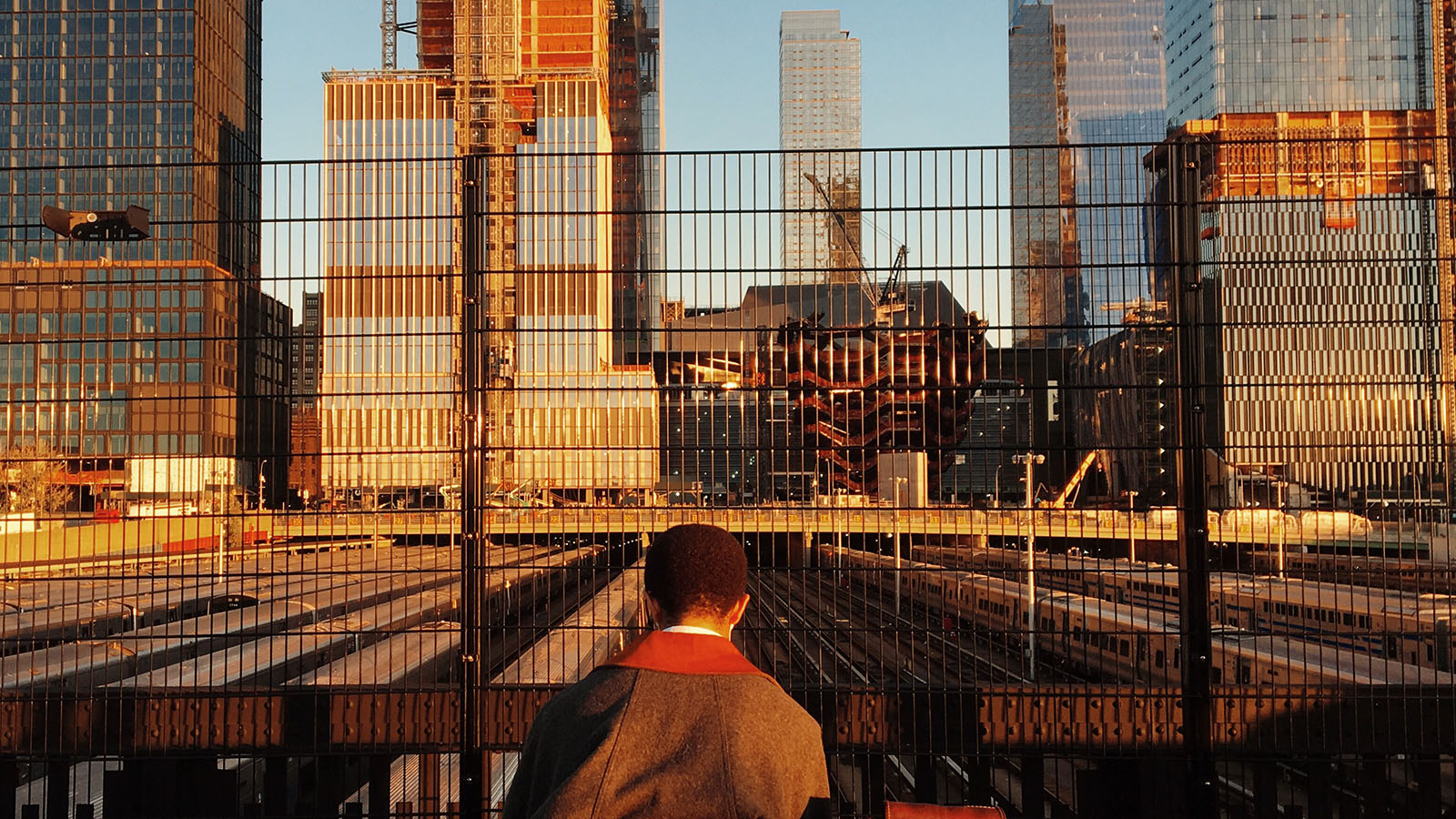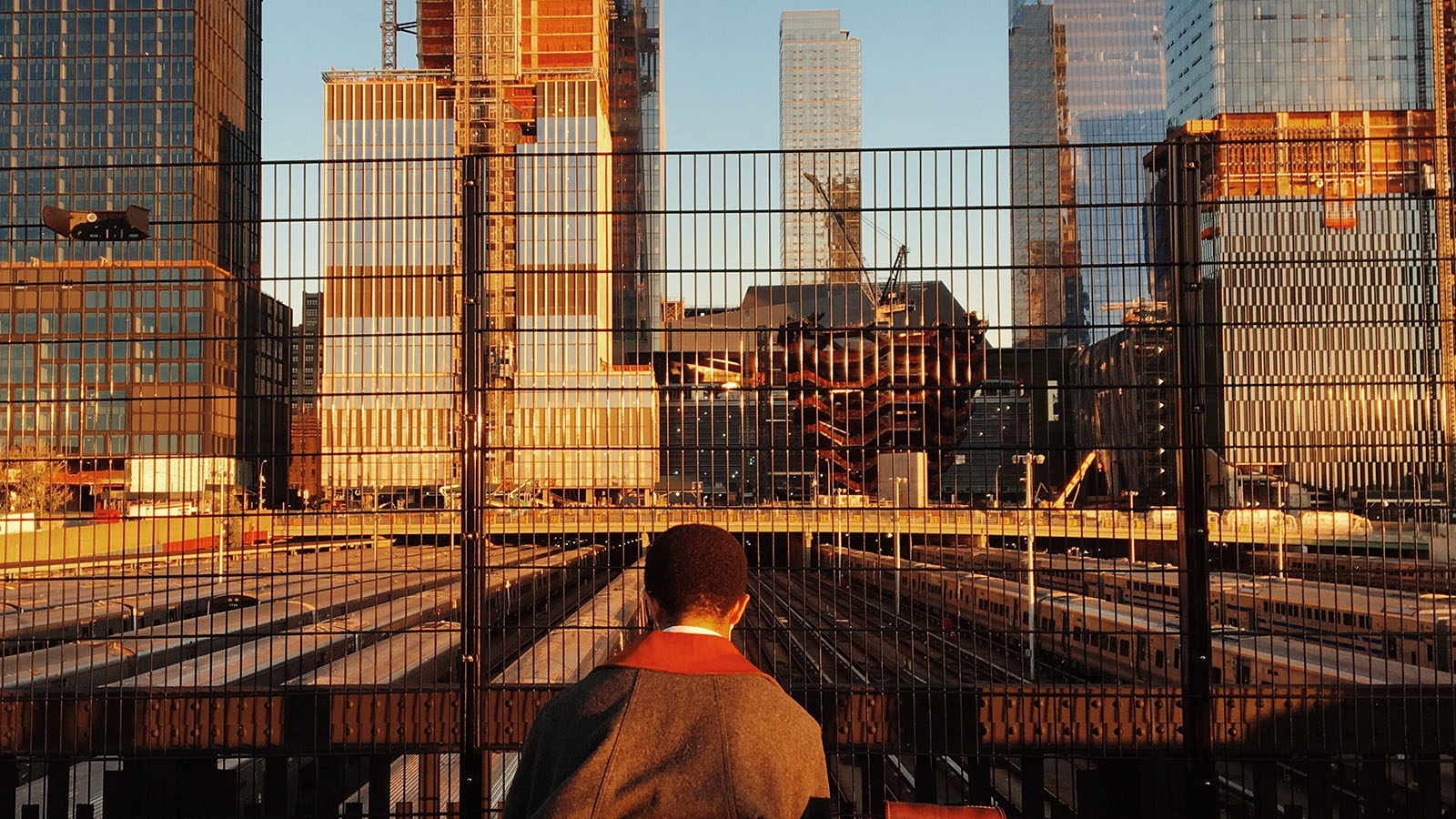
At his State of the State address on Tuesday, Jan. 15, 2019, Democratic New Jersey Gov. Phil Murphy again pushed for legalization of marijuana, both as an economic boost and a matter of fairness.
Along with outlining plans for infrastructure and education, Murphy presented unequivocal support for cannabis legalization, and put issues of justice at the center of his argument.
“By legalizing adult-use marijuana, first and foremost, we can reverse the inequality and unfairness left from years of failed drug policies and shift public safety resources to where they could do the most good,” he said during his address.
Like sports betting in 2018, he said, legalization could launch a new industry, bringing jobs and economic benefits to New Jersey as it has in Massachusetts and Colorado.
“We can do that here. And in a smart way that ensures fairness and equity for minority-owned businesses and, importantly, for minority communities,” he said.
Skeptics remain.
Ed Forchion, known as NJWeedman, has been one of New Jersey’s best-known advocates for legalization for about 20 years. He said he worries that many of those who faced arrest and prosecution selling marijuana on the black market will be squeezed out of what he calls the “white market.”
Ed “NJWeedman” Forchion has been a cannabis legalization advocate in New Jersey for two decades. Legalization may be coming soon, but Forchion opposes SB 830, which he said will open up the market to highly capitalized businesses that would be mostly white-owned. He and other advocates want New Jersey to offer financial assistance for minority- and women-owned cannabis businesses. (Photo courtesy of Ed Forchion)
Although he has fought for legalization, he opposes SB 830, expected to reach Murphy’s desk sometime in 2019. The bill legalizes possession and personal use of small amounts of marijuana for adults 21 and older, creates Division of Marijuana Enforcement, and a licensing structure.
“I don’t think there’s very much diversity in this bill,” Forchion told Weedmaps News. “We know who’s going to get the licenses, going to get the dispensaries, going to be able to sell marijuana to the people. I call them the Caucasian cannabis corporations, the CCCs.”
Forchion argued that high licensing costs and other limitations in the bill will hand the nascent legal marijuana industry to the groups with the deepest pockets.
“There is a black market. We’ve been the ones supplying the state’s potheads for decades,” he said. “We’re not going anywhere.”
Forchion has launched a social media campaign with the hashtag #sellweedlikeimwhite. If the legalization bill passes, he said, he plans to flout the law, challenging the state to find a jury that will convict him of something now legal for large corporations.
“We will still go to jail. We will still get arrested because we’re not buying weed from the white guys,” he said. “All of these big, rich white guys, they get to grow weed with the protection of the state against the federal government. It’s a textbook example of unequal protection of the law.”
“I think it’s that stark,” said Roseanne Scotti, the state director for the New Jersey Drug Policy Alliance (DPA). Her organization presented a model bill for consideration. “Our model was not what was introduced.”
The bill now under consideration has some good points, she said, at least enough for her organization to support it. But she wants to see more grants to low-income and minority communities from the revenue expected from legal marijuana and more paths for small entrepreneurs to get started in the industry, especially for people of color.
“If you look across the country at the markets where it’s been legalized, it is an overwhelmingly white industry,” she said. “But the majority of people who we arrested were people of color. There’s no two ways about what’s going on.”
One exception has been California, where voters approved Proposition 64 in 2016. She described California as the gold standard, with a diverse and growing industry providing opportunities at every level.
Democratic state Sen. Nicholas Scutari, a driving force behind New Jersey’s push toward legalization, did not respond to a request for comment. In several interviews, and in the text of S.B. 830., he has cited the disproportionate impact of current drug policies on minority communities. His bill calls for a “good-faith effort” to license minority- and women-owned businesses.
As Scotti and others see it, New Jersey runs a risk of keeping Latinos and black people in jail or otherwise penalized for something now legal.
“There are people getting angry. We’ve been doing this for years and now we’re all excluded,” Forchion said. He, like others, believes the black market will continue to offer high-quality marijuana for less than the licensed dispensaries if the proposed system moves forward.
He may have a point. In California, Colorado and elsewhere, the underground marijuana market has continued despite legalization, with much of the product destined for out-of-state buyers, while some would be sold locally, tax-free, and cheaper than in the licensed dispensaries. Some reports indicate the racial disparities in arrest continue as well, despite legalization.
Scutari, Murphy, and other legalization proponents in Trenton have put racial justice at the center of their arguments for ending marijuana prohibition and plan to enshrine language favoring diversity in the law itself. They expect billions of dollars to be made on legal marijuana in the coming years.
Hard questions remain: How much of those billions will flow to communities hardest hit by years of the war on drugs, and will regulations be adequate to address the many concerns?











